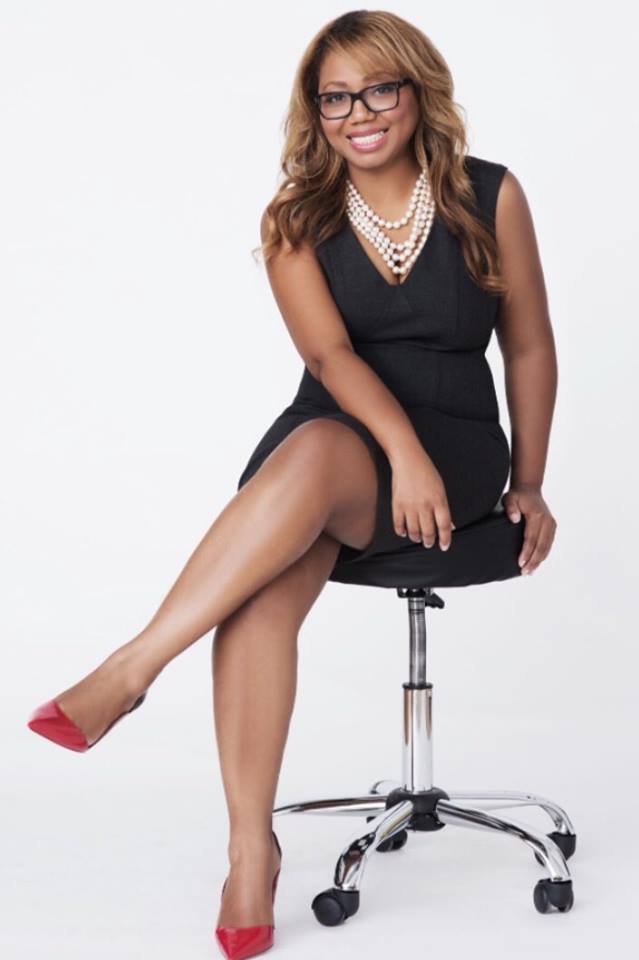As a physician, my focus for the past decade has been on my education and my career. I was all set on my career in medicine until I was called into ministry in 2008. Subsequently, I was licensed as a minister two years ago and recently completed a Masters of Divinity. I admittedly have marriage and children on my “want list,” but they haven’t been on my “to-do list.” And while I loved playing with my friends’ children, I didn’t think about what it might actually take to be married and have children. As I get older, and am still single, I began looking for options to help me preserve my fertility. I researched egg freezing, began the process and now find myself recommending it to patients. So for those who are choosing to delay motherhood like myself, egg freezing may be a good option for you.
Get started early
In fact, women in their early to mid-30’s, who are not planning to start a family in the next few years are the best candidates for this technology. Women in their 20’s have several years before their fertility may decline significantly, and women who are over 40 are less likely to benefit from egg freezing once those eggs are thawed because their fertility has already began to decline. It is recommended that women cryopreserve 15 to 20 eggs because a percentage of the eggs obtained are either not suitable for freezing or do not survive the treatment. It may also be necessary for a women undergo more than one cycle of egg retrieval, if enough eggs are not frozen the first time.
In terms of the treatment, the procedure typically takes 30 minutes and is an outpatient procedure. Complications are rare, but the most common risks involve complications from the medication used for stimulation of the ovaries to development many eggs to retrieve and cryopreserve, and potential bleeding and/or infection from the egg retrieval itself. The eggs are then stored in subzero temperatures and can remain viable for five to ten years.
Egg freezing can be expensive
The average cost of egg freezing in the U.S. is $10,000, which covers the tests, extraction and storage for the first year. Additional costs include medications and on-going storage fees, which are currently at an average of $2,000 for medications and $800 per year for storage.
Egg freezing is not covered by insurance. There are some practices which offer discounts for women who undergo multiple cycles. There are also employers that offer financial assistance to women who wish to undergo the procedure.
Religion shouldn’t be a barrier
As a minister, I am often asked if God approves with technology such as egg freezing. While I cannot speak for God, I do believe that God gives scientific gifts to help live better and more productive lives. I see egg freezing as one such gift, however not all religious people agree with me. In fact, religious perspectives on egg freezing run the gamut from enthusiastic embrace to unequivocal opposition.
Religious opposition argue that egg freezing puts human and science interference in fertility. Religious enthusiasts like myself believe that egg freezing is another resource realizing that science and spirituality are a nexus. Some people in the church believe that procedures such as egg freezing usurp God and God’s will. I disagree, I believe it helps me wait on God to send the right mate.
The decision to cryopreserve or “freeze” your eggs is an important and individual decision. If this is something that you’re thinking about, research if the procedure is right for you, find a doctor that you can work with, and plan your finances.















